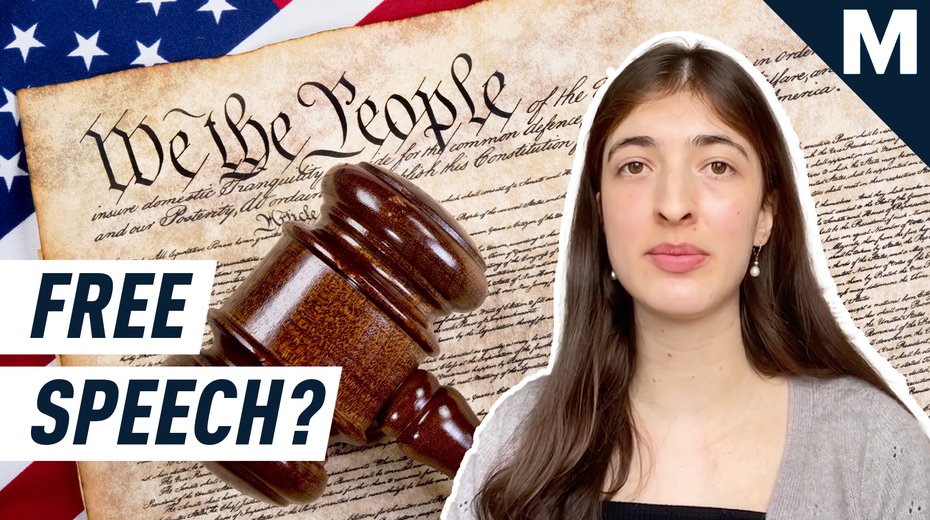CAPTCHAs can be tricky, even for Congressmen.
On Tuesday night, Rep. Devin Nunes (R-CA) was temporarily locked out of his Twitter account for failing to solve an anti-spam puzzle, commonly known as reCAPTCHA.
Suspended: Rep. Devin Nunes (R-CA) office account “RepDevinNunes”
— Congress Changes (@CongressChanges) February 10, 2021
reCAPTCHAs require a user to select basic photos that match the word given to them. This often appears when an online platform notices weird, possibly automated behavior on an account when a user attempts to login.
Rep. Nunes’ account was quickly re-activated by Twitter.
“Our automated systems took enforcement action on the account in error and it has since been reversed,” said Twitter in a statement provided to Insider. The enforcement action was taken as a result of the account’s failure to complete an anti-spam challenge that we regularly deploy across the service.”
However, many on the platform noticed that his profile was suspended before Twitter could reverse action. And, of course, rumors about the cause of Rep. Nunes’ suspension quickly ran wild.
Some Twitter users wondered what the Republican had tweeted. Nunes has long been one of former-President Trump’s biggest allies in Congress. And, yesterday, after all, was the first day of Trump’s second impeachment trial. Nunes’ supporters speculated that this was yet another instance of Big Tech censorship against conservatives. (Regardless of the fact that anti-conservative bias on social media platforms have been proven to not be an actual thing.)
However, in the end, it was an automated suspension caused by a human failing to solve a simple puzzle used to prove you are not a bot.
This isn’t the first time Rep. Nunes has had an issue with Twitter.
The Congressman previously sued Twitter over a parody account (@DevinCow, as seen above). However, a judge threw out the case as Twitter can’t legally be held liable for content third-party users post on its platform. The law that protected Twitter in that case is Section 230, the very rule Trump and the Republican Party have been trying to throw out.
WATCH: How to know if you (or Donald Trump) violated the First Amendment
